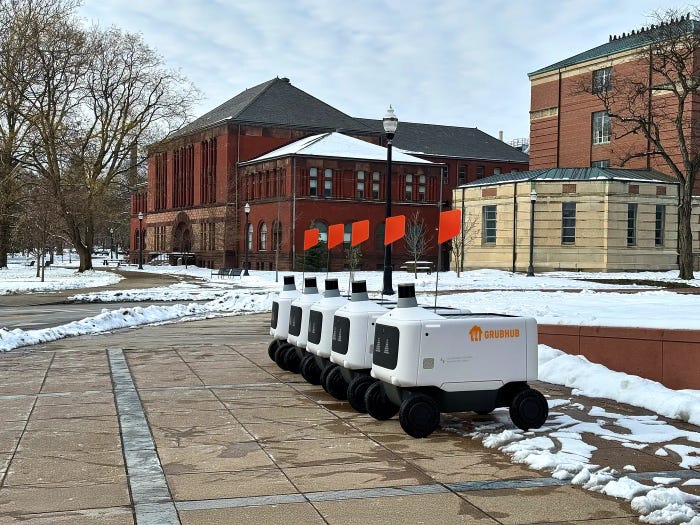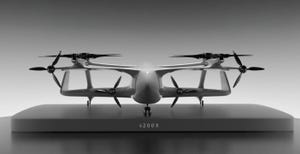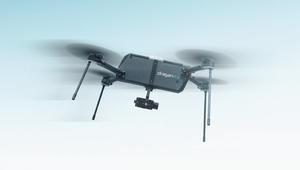Tesla Seeks Teleoperators to Remotely Drive CarsTesla Seeks Teleoperators to Remotely Drive Cars
Approach appears to mark a major shift in company strategy over how vehicle autonomy is delivered

A Tesla job ad has sparked intrigue over how the EV maker proposes to operate its coming self-driving taxi service.
The ad on the Tesla website is aiming to recruit a software engineer to focus on teleoperation for the company’s planned autonomous taxi operation and robots.
The listing explains the role in some detail, reading: “As we iterate on the AI that powers them, we need the ability to access and control them remotely. This requires building highly optimized, low latency reliable data streaming over unreliable transports in the real world.
“Our remote operators are transported into the device’s world using a state-of-the-art VR rig that allows them to remotely perform complex and intricate tasks. Working with hardware teams, you will drive requirements, make design decisions and implement software integration for this custom teleoperation system.”
While the role is far from unique in the autonomous vehicle (AV) industry, the fact that Tesla is assembling a team in this area has generated some surprise.
It has prompted speculation that the company may be close to deploying self-driving taxis on public roads, although it said it is testing them already in the Bay Area in San Francisco with rides for employees.
In addition, it appears to mark a major shift in company strategy over how vehicle autonomy is delivered.
Companies including Alphabet-owner Waymo, America’s leading self-driving taxi provider, and General Motors’ Cruise have long used human teleoperators to handle problem scenarios such as collisions and other ‘edge cases.’
However, the AV functionality of Waymo and Cruise is delivered in specific geofenced, mapped areas, leaning heavily on lidar and other sensors, famously disliked by Tesla CEO Elon Musk.
Tesla, in stark contrast, has been a very vocal backer of AI-powered autonomy, regularly extolling the virtues of neural networks and camera perception, without the need for human assistance.
Musk has made a long list of bold statements and predictions relating to autonomous cars, such as in 2020 when he told the World Artificial Intelligence Conference: “I'm extremely confident that Level 5 – or essentially complete autonomy – will happen and I think will happen very quickly.” Delivering this “complete autonomy” though, has proven impossible to date.
The supposed creation of a teleoperations unit would suggest that Tesla not only accepts that some degree of human help is desirable, but that it is essential if it is ever to get an approved self-driving taxi service, featuring its recently revealed Cybercab, up and running.
It is not clear how many teleoperators it would employ, to what extent they might have control over vehicles and whether this is merely a short-term measure to ease the path to the full autonomy via AI that Musk has always promised.
About the Author
You May Also Like


.jpg?width=700&auto=webp&quality=80&disable=upscale)
.jpg?width=700&auto=webp&quality=80&disable=upscale)

.jpg?width=300&auto=webp&quality=80&disable=upscale)


